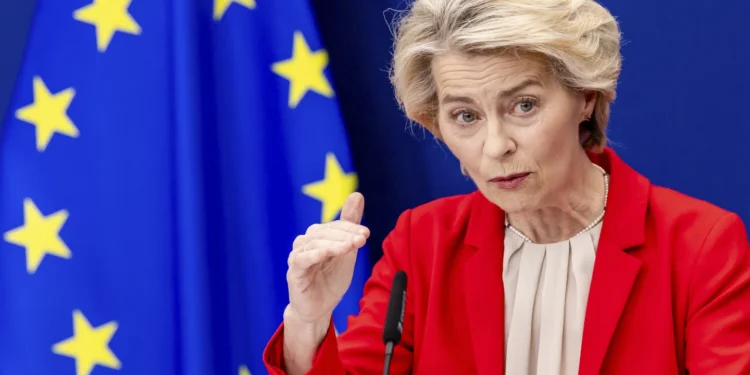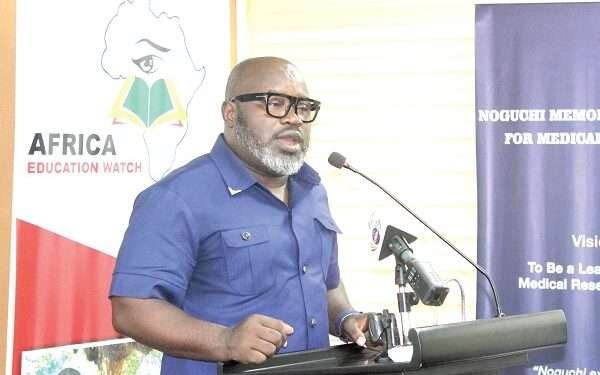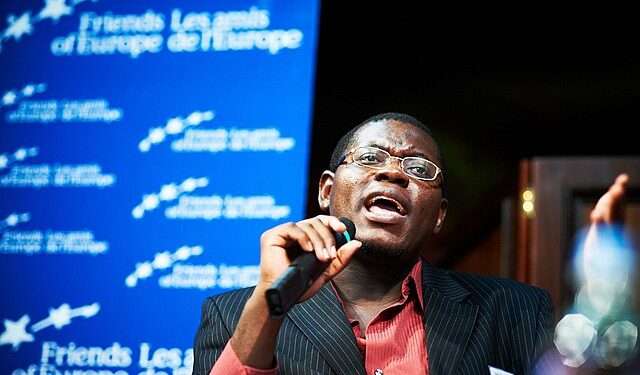The Electricity Company of Ghana (ECG), a vital entity in the nation’s energy sector, has long faced scrutiny over operational inefficiencies, financial challenges, and frequent power outages.
These issues have fueled calls for privatization, which proponents argue could bring much-needed efficiency and innovation. President Mahama has publicly expressed his administration’s commitment to reviving privatization discussions. In a recent meeting with the World Bank, he emphasized the importance of involving the private sector in electricity distribution to enhance efficiency and stabilize the sector.
“So, going ahead with privatizing the last point of distribution of electricity to bring in private sector efficiency is something that we want to take up again.”
President John Dramani Mahama
President John Dramani Mahama’s recent remarks suggest that his administration is revisiting plans to privatize parts of ECG’s operations, a move that has reignited debates about the future of Ghana’s energy distribution.
Advocates of privatization highlight the private sector’s track record in streamlining operations, reducing waste, and maximizing productivity. ECG’s inefficiencies, including high distribution losses and billing inaccuracies, have hampered its ability to deliver reliable electricity to Ghanaians.
As of 2023, ECG’s distribution losses were estimated to be as high as 30%, significantly above global best practice benchmarks of 5-10%.
Privatization, supporters argue, could bring technical expertise, improved governance, and accountability. By introducing a profit-driven model, a privatized ECG could focus on reducing losses, upgrading infrastructure, and improving customer service.
These changes are critical for attracting investment into Ghana’s energy sector and ensuring stable electricity for businesses and households.
The President also revealed ongoing discussions with the Millennium Challenge Corporation (MCC) and the possibility of reinstating $190 million in funding previously allocated for energy reforms.
The President’s strategy involves restoring transparency through mechanisms like the “cash waterfall system,” which ensures equitable allocation of revenue among Independent Power Producers (IPPs) and other stakeholders. These interim measures aim to stabilize ECG’s operations while paving the way for broader reforms.
Balancing Efficiency and Accessibility

To address these concerns, policymakers must strike a balance between improving efficiency and ensuring accessibility.
The involvement of international institutions like the World Bank and the MCC highlights the global dimension of Ghana’s energy sector reforms.
“We Would like to speak with the World Bank to get the expertise to be able to do that,” President Mahama noted. The World Bank’s expertise and potential funding could play a critical role in facilitating the privatization process and addressing ECG’s financial challenges.
Ghana’s energy sector has historically relied on public-private partnerships (PPPs) to implement infrastructure upgrades and improve service delivery. For instance, the MCC Compact, launched in 2016, aimed to support energy reforms by improving governance and enhancing ECG’s financial sustainability.
However, political resistance and implementation challenges led to the termination of some aspects of the program, including the controversial concession agreement with a private operator.
Establishing a robust regulatory framework is essential to prevent monopolistic practices and protect consumers. This includes setting tariff caps and ensuring that privatization agreements include clauses to safeguard affordability and universal access.
As Ghana grapples with persistent energy challenges, the privatization of ECG’s operations presents both opportunities and risks. President Mahama’s administration appears committed to advancing the agenda, leveraging international partnerships to secure funding and expertise.
If executed effectively, privatization could transform ECG into a more efficient and reliable service provider, contributing to Ghana’s broader economic development.
However, success will depend on careful planning, transparent processes, and a commitment to protecting the interests of all Ghanaians. By addressing these factors, Ghana can chart a path toward a more sustainable and equitable energy future.
READ ALSO: Bank of Ghana Reports Decline in Lending Rates, Impact on Borrowers and Banks























